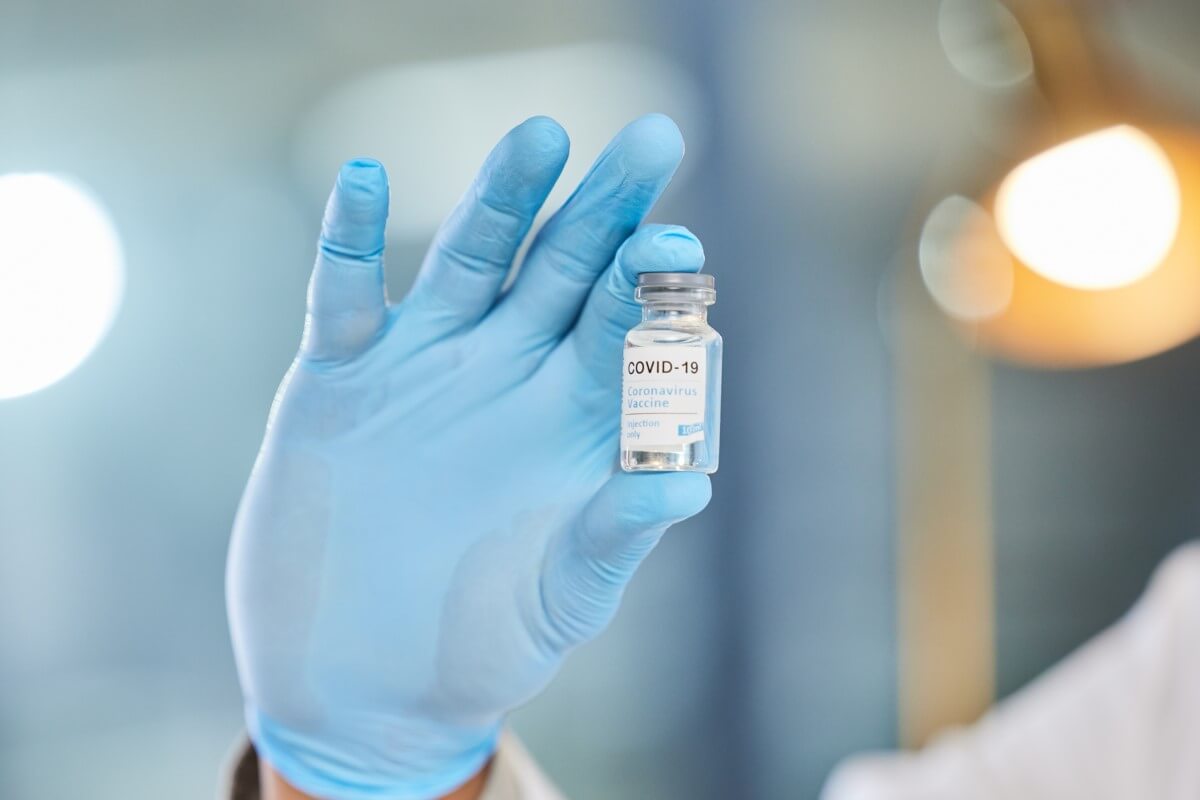The COVID-19 virus has gone through several mutations since it was first identified two years ago. The latest of those, Omicron, was discovered by South African scientists who then reported it to the World Health Organization in late November.
A number of cases of the Omicron variant have now been identified in the U.S. While it will be the focus of robust research efforts over the next few weeks, there’s a lot we don’t know yet about this new variant. But here’s what we do know according to the Centers for Disease Control (CDC):
What We Know
- Spread – The Omicron variant may spread more easily than the original COVID-19 virus, but how easily it spreads compared to the Delta variant is still unknown. The CDC expects that anyone with Omicron infection can spread the virus to others, even if they’re vaccinated or don’t have symptoms.
- Severity of illness – More data are needed to know if Omicron infections (especially reinfections and breakthrough infections in people who are fully vaccinated) cause more severe illness or death than infection with other variants.
- Vaccine effectiveness – Current vaccines are expected to protect against severe illness, hospitalizations, and deaths due to infection with the Omicron variant. However, breakthrough infections in people who are fully vaccinated are likely to occur.
- Treatments – Scientists are working to determine how well existing treatments for COVID-19 will work on Omicron. Based on the changed genetic make-up of Omicron, some treatments are likely to remain effective while others may be less so.
Protecting Yourself & Others
The best protection we have against all variants, including Omicron, continues to be the COVID-19 vaccines. While we do not know if this new variant may decrease the overall effectiveness of the vaccines, the vaccines are likely to still have benefits in preventing serious infection, hospitalization and death. That’s why it’s so important to be fully vaccinated, including having a booster shot
A booster shot increases your antibodies, which provides more protection against the COVID-19 virus. More antibodies, even with less affinity, will still provide some protection.
The CDC is now encouraging all adults 18 years and older to receive a COVID-19 booster shot. If you initially received the Pfizer or Moderna vaccine, you’re eligible for a booster 6 months after completing your primary vaccination series. Johnson & Johnson recipients are eligible 2 months after their original vaccination date. Research suggests it may be beneficial to receive a Pfizer or Moderna booster after initially receiving the Johnson & Johnson single-dose vaccine.
Vaccination and booster shots aren’t the only ways to protect yourself. It’s important to continue our other well-known virus-avoidance practices too. Those include:
- Staying home if you’re ill
- Washing your hands thoroughly and often
- Avoiding large gatherings (especially if anyone is unvaccinated)
- Practicing social distancing
- Continuing to wear masks indoors
Testing is another important weapon in the battle to stop the spread of COVID-19, and there are many highly effective self-tests freely available in most communities. Self-tests can be taken at home or anywhere, are easy to use, and produce rapid results for people experiencing symptoms. If you're not having symptoms, however, an over-the-counter test may not be accurate enough to rule out infection in all situations. If it's important to rule out COVID-19 infection, it's better to have a molecular or PCR test at a medical laboratory.
If your test has a positive result, stay home or isolate for 10 days, wear a mask if you have contact with others, and contact your healthcare provider. If you have any questions about your test result, call your healthcare provider or public health department.
As we learn more about the Omicron variant, we’ll continue to keep you posted. In the meantime, please keep yourself and your family safe by following these best practices and staying informed as best you can.

